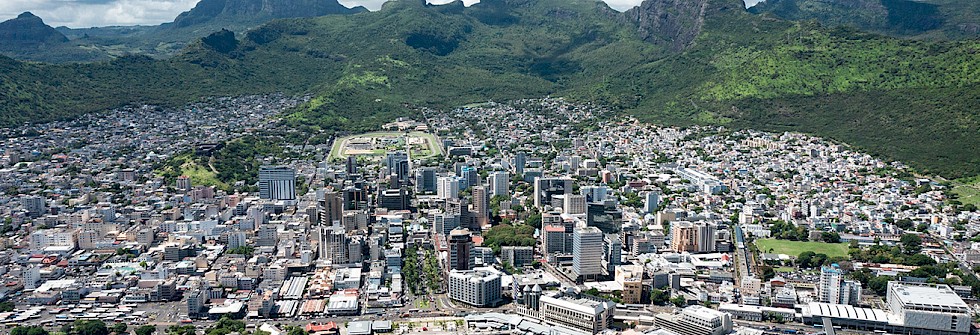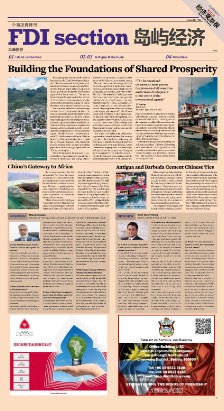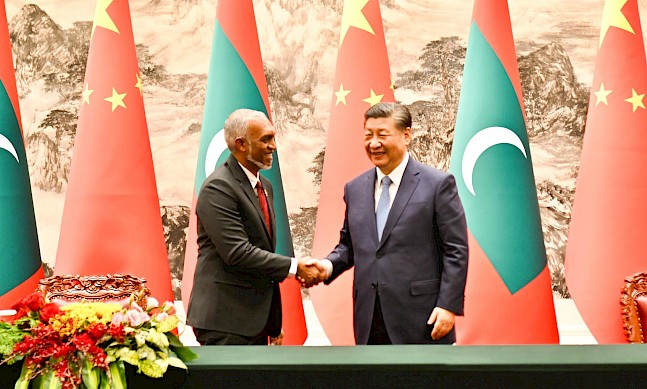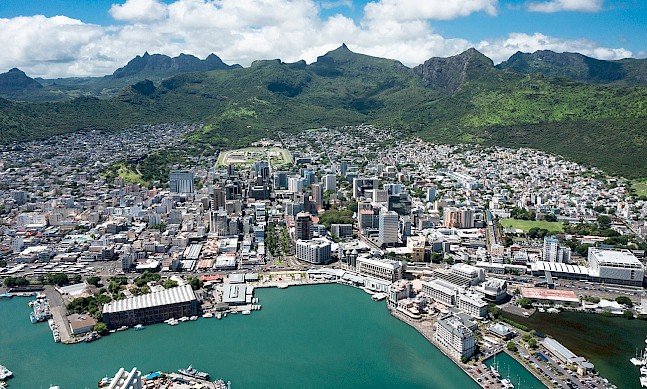Through programs such as the Belt and Road Initiative and the Global Development Initiative, China has extended development assistance to more than 160 countries as part of President Xi Jinping’s stated ambition to promote shared growth and bridge the development gap in Global South countries. “The international community must pursue the interests of all countries and restore development to the centre of the international agenda,” Xi said at the BRICS-Africa outreach conference in 2023.
Two countries emblematic of this strategy are Mauritius and Antigua and Barbuda—island economies who have built transformative partnerships with China. At the heart of these burgeoning diplomatic relationships are key infrastructure projects that have benefitted from Chinese funding, expertise and assistance. In Antigua and Barbuda that includes the redevelopment and expansion of its crucial economic engine—St John’s Harbour—and a new terminal at V.C. Bird International Airport. While in Mauritius, Chinese-backed projects include the 2.5-kilometre Bagatelle Dam, which will provide drinking water for up to 30% of the population, Bruno Cheong Hospital and Côte d’Or Sports Complex.
While infrastructure development is central to these relationships, ties extend into a variety of other areas. Zhu Liying, China’s ambassador to Mauritius, encapsulated the scope of the bilateral partnership saying, “The two countries have deepened their practical cooperation in agriculture, manufacturing, investment, finance, high and new technology, construction and other fields.” The China-Mauritius Free Trade Agreement that came into force in 2021 saw a growth in bilateral trade of 25.8% in year one, with Mauritian exports to China increasing 35.1% in the same period. For Mauritius, the agreement is a key component of its wider strategic positioning as a gateway to Africa for Chinese investment. Trading on its reputation as a stable financial centre with robust political, legal and regulatory frameworks, the island nation hopes to attract more Chinese businesses and entrepreneurs looking to benefit from Mauritius’ preferential trade agreements with continental African states.
““The international community must pursue the interests of all countries and restore development to the centre of the international agenda.””
Xi Jinping President, People's Republic of China
Tweet ThisFor Antigua and Barbuda, the ambition and opportunities are much the same. The country’s proximity to the United States makes it a prime entry point to both North and South American markets, as does its strategic location close to international shipping lanes. And similarly to its Indian Ocean counterpart, one of Antigua’s goals in forging closer ties with China is to propel the development of its tourism sector by attracting greater levels of both Chinese visitors and investment. As a key driver of Antigua and Barbuda’s economy—tourism accounts for more than half of GDP—drawing more of the estimated 130 million Chinese tourists who travelled overseas in 2024 represents a significant pathway to growth. “Attracting Chinese tourists remains a challenge due to visa and air connectivity issues, but improving access is a priority,” notes the country’s ambassador to China, Brian Stuart-Young.
With climate change projects another pillar of these partnerships—China is collaborating with Mauritius on coral-regeneration and providing photovoltaic power generation systems to Antigua and Barbuda, to cite just two—the realities of a shared global future are sharply in focus.
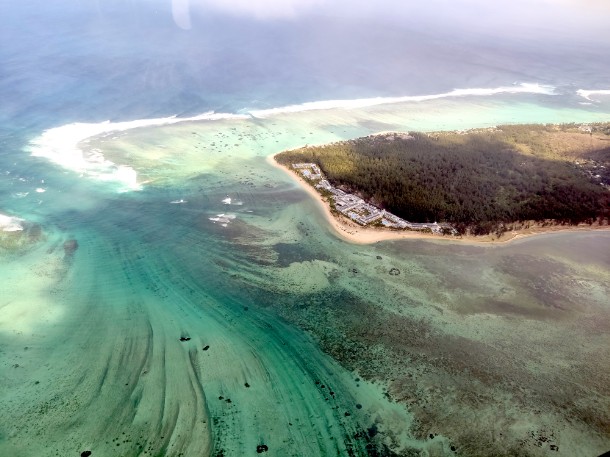
China’s Gateway to Africa
The commencement of the China-Mauritius Free Trade Agreement in January 2021 characterised the growing diplomatic and economic ties between the two countries in recent years. The deal – comprising the four main components of trade in goods, trade in services, investment and economic cooperation – is China’s first with an African country.
“This underscores the privileged relationship between Mauritius and China,” says one of the pact’s architects, Mauritius Minister of Foreign Affairs Maneesh Gobin. “The key to Africa’s economic transformation lies in adding value through processing,” he continues. “Mauritius positions itself as a hub for processing, providing a gateway to the African Continental Free Trade Area (AfCFTA).” The world’s largest free trade bloc by area and member states, AfCFTA gives preferential access to goods and services made and processed in Africa – emphasising the economic potential Mauritius offers to Chinese investors seeking an entry point to African markets.
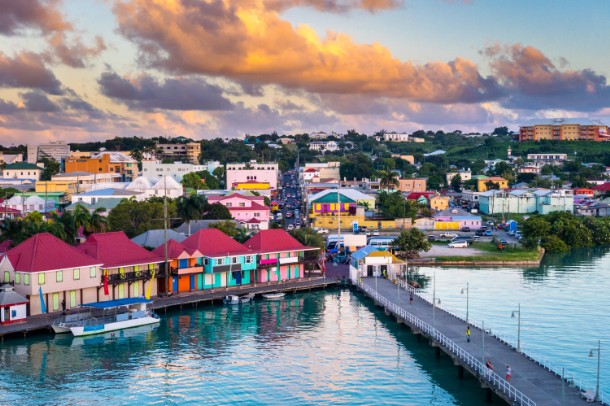
Antigua and Barbuda Cement Chinese Ties
When Antigua and Barbuda’s Prime Minister Gaston Browne met with Chinese President Xi Jinping in January 2024, he used the occasion to thank the Chinese government for its valuable support. “China’s assistance and cooperation have greatly promoted the development of Antigua and Barbuda and helped with its poverty alleviation efforts,” Browne said, noting that relations between the two countries are based on mutual trust and respect.
The delegation from Antigua and Barbuda, which also included Ambassador Brian Stuart-Young, made the state visit to mark the official opening of the nation’s embassy in China. Signalling a determination on both sides to expand their partnership, ten memoranda of understanding were signed during the trip, covering climate change, visa exemptions and the notable agreement of the Water Rehabilitation Project, which will see China replace Antigua and Barbuda’s outdated water pipelines. “This initiative will greatly enhance Antigua and Barbuda’s water security,” said Stuart-Young.
